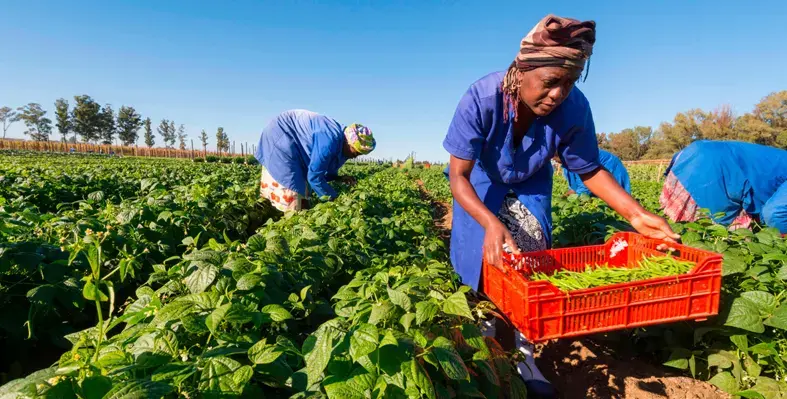Bayer Foundation and the Pula Foundation announced at World Economic Forum that they are planning to provide insurance coverage for 10 million smallholder farmers by 2030
The collaboration aims to enhance climate resilience among smallholder farmers, protecting them against the growing impacts of droughts and floods, which threaten harvests, livelihoods, and global food security. It will help build private-public collaborations and shape the insurance market for agriculture in Africa and Asia.
The Pula Foundation has developed scalable and data-driven agricultural insurance solutions designed to safeguard smallholder farmers' investments in their farms. By mitigating risks associated with extreme weather events such as droughts and floods, the Pula Foundation ensures that farmers receive financial compensation for yield losses, enabling them to recover, reinvest, and build long-term resilience in the face of climate uncertainty.
By 2030, Bayer Foundation’s grant for insurance premium support in the amount of 10 million euros – supported by a donation from Bayer’s Crop Science Division – will unlock a potential insurance coverage of 127 million US dollars for 10 million farmers working with national governments in Bangladesh, Pakistan, Malawi, Ghana, Nigeria, Kenya and Mali. The grant originates from Bayer Foundation’s Social Innovation Ecosystem Fund which targets mature and high-impact solutions for underserved communities.
Bayer aims to support a total of 100 million smallholder farmers in LMICs by 2030 by improving their access to agricultural products and services. This also includes collaborations with partners. To achieve this, Bayer strives to create market models that generate benefits and reduce business risks for all partners in the value chain, including smallholder farmers.





